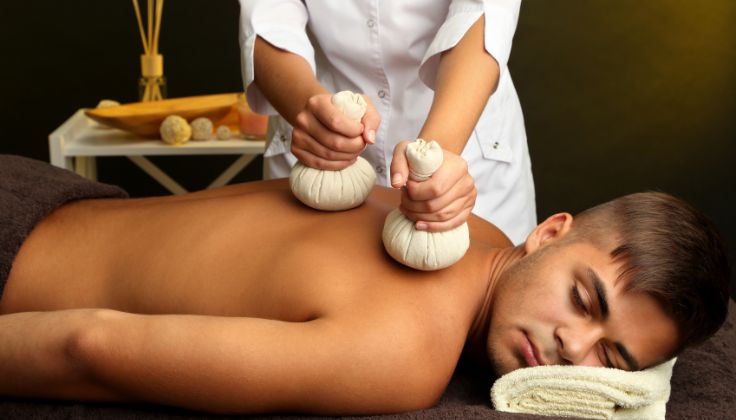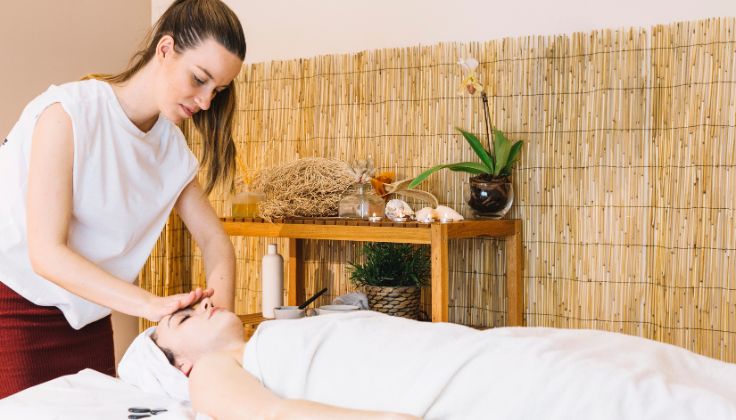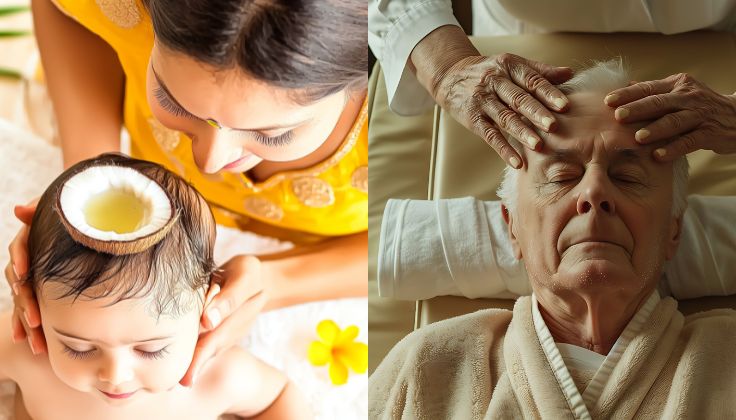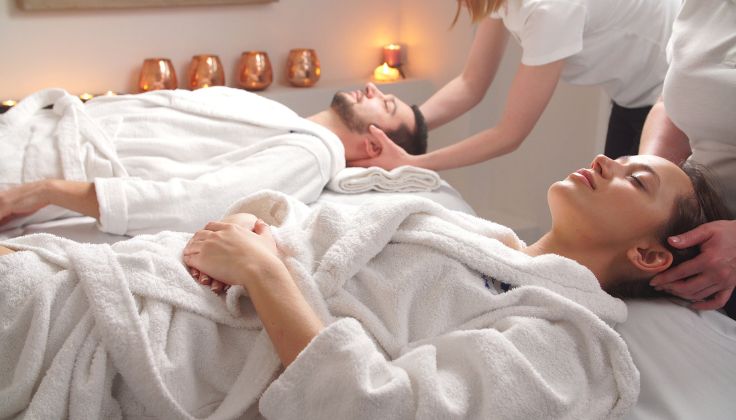In recent years, there has been a steady shift in how people think about healthcare and personal well-being. The thing is, more individuals are asking for preventive, mind-body approaches that go beyond conventional medicine. That brings us to the growing presence of Ayurvedic clinics, particularly the demand for an Ayurvedic clinic in Dubai. That phrase matters as this city has become a place not only of opportunity but also of curiosity, and people want alternatives they can trust.
Why Ayurveda Care is Capturing Attention in Dubai
People in Dubai come from all over the globe. They are used to high standards. What this really means is they seek quality with clarity and evidence, not hype. Ayurveda, with roots in India dating back centuries, offers a system of treatment that looks at a person’s entire well-being: physical, mental, and emotional. Clinic directors in Dubai recognize that residents and visitors alike are looking for more than a prescription; they want guidance, balance, and a clear path toward well-being.
Dubai’s healthcare infrastructure is strong. Government oversight ensures any medical or wellness offering meets high standards. Ayurvedic centres are capitalizing on that by bringing qualified practitioners, often certified in India or through recognized international bodies, into line with local regulations. That makes them more trustworthy for a population careful about safety and legitimacy.
What Sets these Clinics Apart
In simple words, these clinics offer services that differ from a spa or aesthetic center. They generally include:
Personalized Assessment and Treatment
Patients receive a diagnosis based on traditional Ayurvedic principles like understanding one’s body type (dosha), lifestyle, and medical history. That leads to personalized plans: herbal therapies, diet guidance, lifestyle changes, maybe Panchakarma cleansing. These aren’t standard packages; it’s about what each person needs.
Professional Qualifications and Integration
Many clinics bring Ayurvedic doctors or practitioners who hold medical degrees alongside Ayurveda certificates. The thing is, they can talk with conventional physicians, coordinate with nutrition experts, or work with physiotherapists. That helps bridge holistic care and modern medicine smoothly.
Focused Wellness Outcomes
People do not come here for vague promises. They seek relief from stress, digestive issues, headaches, or insomnia. They want ongoing support rather than a one-time fix. These clinics emphasize well-being over cure-only models. They measure progress, adjust protocols based on follow-ups, and guide patients to maintain benefits beyond treatment.
Rise in demand in Dubai
Why has this trend appeared now? A few reasons converge:
Diverse Demographics
Dubai hosts residents from India, Europe, the Middle East, and beyond. Many already know Ayurveda. Others hear about it and want to explore. Clinics respond by offering credible, locally available solutions.
Holistic Wellness Growth Worldwide
Global interest in mind-body health, stress reduction, and individual-tailored care has grown. Dubai’s residents are part of that global wave, but they expect structure, outcomes, and clarity.
Tourism and Business Travel
People come to Dubai on business or vacation and look for meaningful wellness experiences while here. They may book a short therapeutic program as part of a stay. These clinics respond by giving clear outlines: what they will do, how long it takes, and what changes to expect.
Health Awareness, not Hype
The community is informed. They read studies, ask for evidence, and want to know how a treatment works. Ayurvedic centres increasingly publish case studies or share research, helping to build confidence.
What Patients Experience
In practice, a visitor might arrive and have a calm initial conversation, nothing overly spiritual, just questions about sleep, digestion, energy levels, and stress. The practitioner may share observations like, “You seem to run on high energy and feel drained by midday. We’ll look at how to balance that.” Then they design a plan: a gentle herbal tea, dietary tweaks, maybe a massage with medicated oils, and a clear follow-up schedule.
After a few days, the patient usually notices small shifts, better sleep, less mental chatter, and more digestive ease. Those may not feel dramatic, but they matter. Over weeks, energy stabilizes, mood steadies, and they carry insights into daily habits that persist.
Clinic Design and Atmosphere
These are medical-grade clinics, not spas dressed up in white. Clean, simple aesthetics, well-trained staff, clear signage in multiple languages. Appointments are scheduled with precision. Receptionists handle questions about insurance, cost, and duration. Everything is straightforward. The thing is, you don’t feel you have walked into fluff. You feel you’re in a place designed for practical well-being.
Regulation and Safety
Dubai has strict licensing for healthcare and wellness businesses. Ayurvedic centres must register their services, qualifications of staff, and treatment methods. That compliance builds trust. Clients know these clinics meet regulatory standards. That trust is exactly what professional, aware people want.
Challenges and Areas to Watch
It would be fair to note some challenges:
Expectation Management
Some visitors expect dramatic overnight cures. Good clinics handle that by setting realistic goals and focusing on gradual, sustainable improvement.
Cost and Accessibility
These services can be expensive. Access may be limited to well-insured or affluent patients. Some clinics may want to offer tiered pricing or shorter options to broaden reach.
Need for Evidence
While Ayurveda has a history, modern healthcare practitioners want studies, outcomes, and safety data. Clinics that collaborate with research bodies or publish findings will strengthen credibility.
What’s Ahead
In simple words, Ayurvedic clinics in Dubai are scaling slowly but steadily. They don’t chase trends. They build the kind of trust that lasts through qualified staff, regulated operations, clear language, and real results.
They may evolve into full-scale Ayurvedic hospital models. That implies inpatient stays, integrated diagnostics, and collaborations with allopathic doctors. That is already happening in some parts of the world. In Dubai’s context, it looks plausible if demand continues and regulation supports it.
For anyone looking to explore this approach, centers like Oushadhicure Ayurvedic Clinic offer structured treatments and personalized plans rooted in authentic practices, adapted for the modern lifestyle.
To conclude, the rise of the Ayurvedic hospital in Dubai, you see, is an emerging healthcare option rooted in tradition and adapted to modern expectations. Ayurvedic centres have become places where people find well-being. They offer assessment, personalized plans, professional staff, and structured follow-up without overstated promises. The thing is, they serve bright, informed individuals who want more than prescriptions. What they truly seek is gradual and proper improvement in their overall health.






